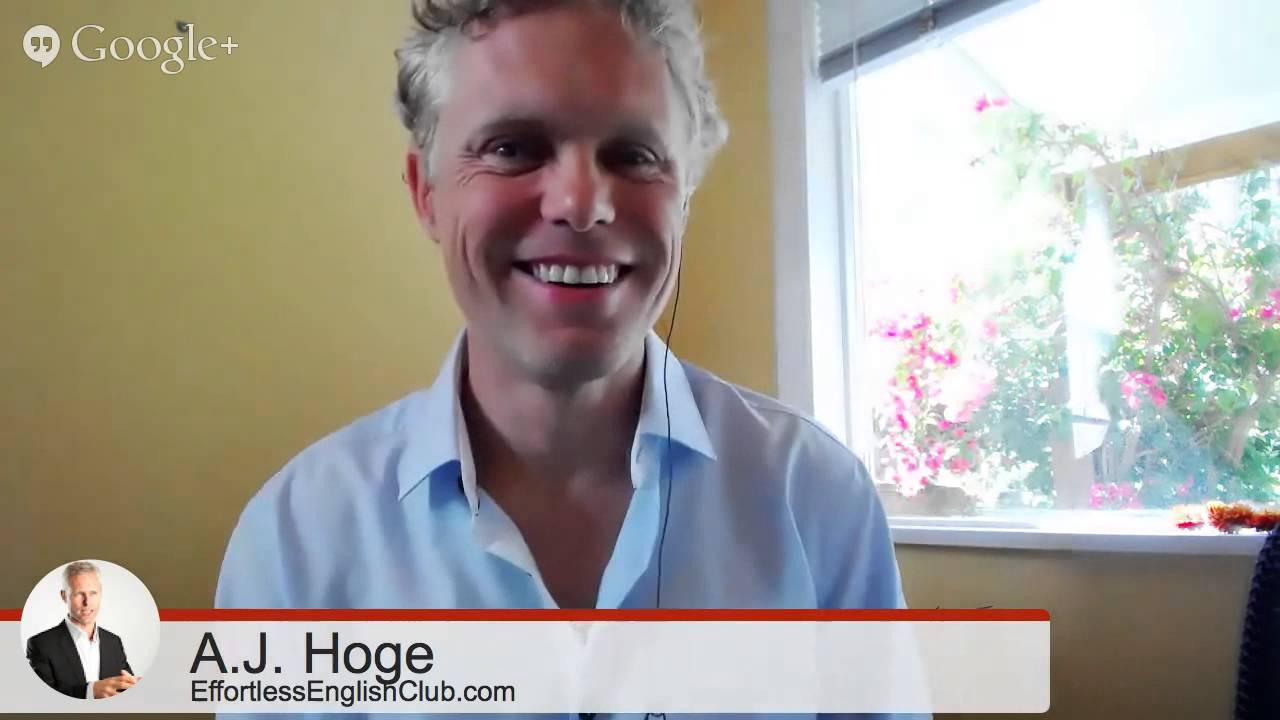Interesting exchange about the silent period and AUA in Thailand, a topic which has come up from time to time.
Some of the points covered:
They director says that they encourage people to use the language if they have the chance.
When they talk about x number of hours until speaking, they’re talking about unrehearsed full-sentence speaking, not speaking of any kind.
So I think this clears up some of the points that were being discussed in previous threads. It seems a lot more reasonable this way.
In the silent period, students are usually just listening and two teachers must continue to talk to each other like a comedy show in front of their students, mustn’t they?
I think the whole silent period thing is silly IMO. I’ve never seen any real evidence that it really matters. If people feel like babbling to a good tutor from the get go, I really doubt it matters, they may even speak better in the long run. People should do what they want to do, not follow some dogmatic style, different strokes for different folks.
Agreed. We should not be forced to be quiet, nor forced to speak.
“People should do what they want to do, not follow some dogmatic style, different strokes for different folks.”
I guess many people want rules and even if they don´t, following rules just seems “right”. We´ve been conditioned like that… At first, your parents tell you what to do, then your teachers, then your bosses…there´s almost always a clear set of rules, with rewards and punishments. Clean up your room! Read this page! Do this errand for me! Decision are made for you.
“Doing whatever you want until you get good at the language” works, but it requires some decision making. What am I going to focus on? Speaking? Listening? Should I use an SRS? Which material should I use? Should I study grammar? When will I be ready to speak? If you´re not used to all that, it´s more comfortable to let a system/method/school make all these choices for you. It just feels…normal.
It´s hard to explain, but I hope you guys get what I mean.
The point I had intended to make by posting this was that AUA apparently does not force people to be quiet, which is contrary to some of what was being said in earlier threads. In the interview, they also discuss some of the misconceptions about AUA floating around the internet. The point was not to dogmatically insist that people follow a “silent period”.
As to whether a silent period works, you have to remember that AUA is a school that teaches the Thai language. They think it takes 800 hours of intensive listening before you will get the hang of Thai pronunciation in a natural way. Their school is, I believe, 7 hours a day, so that’s just a little over 5 months. That sounds reasonable to me, considering how different English and Thai are.
They address the issue that different amounts of listening are necessary for different languages, depending on what your native language is and what your experience with languages is.
@Yutaka, yes, the style of the school is to have 2 native teachers engaging with each other while the students listen. However, the teachers also ask questions and include students in what’s going on. It’s a unique style, and probably only possible because of the cheap labour cost in Thailand.
@Paule, I agree. Many people’s first instinct is to go to a school. Which can be a good decision, if the school is good. And it’s not like there are no good language schools out there. I’ve met plenty of people coming out of language programs who learned the language they were studying.
I still think the fastest way to learn a language is to move to the country in question and enroll in a full-time language school while trying to make friends and engage with authentic language outside of school hours. However, this is not practical for most people in terms of time and money.
I think it would be better to either watch the video exchange or ask these questions directly to the school itself. All I know is what was in the video.
They do believe that early speaking will impair your eventual ability to pronounce Thai correctly. I don’t know whether they keep track of your speaking outside of class. They also say it’s usually around the 800 hour mark where students are comfortable speaking off the cuff, ie unrehearsed sentences. I don’t know where you’re getting this stuff about only being able to say “good morning”. It’s just a listening-focused program which thinks that in order to eventually speak Thai well, you first should listen a lot and not speak very much.
I posted this because there were many previous comments saying things like the school bans students from using the language and so forth. Which, according to this interview with the director, is not the case.
I haven’t been to AUA and I have no special knowledge about it, so I can’t answer any questions beyond that.
Probably a 9, yes. Although from the interview, the school does not seem nearly as extreme as I’ve seen it represented in the past.
